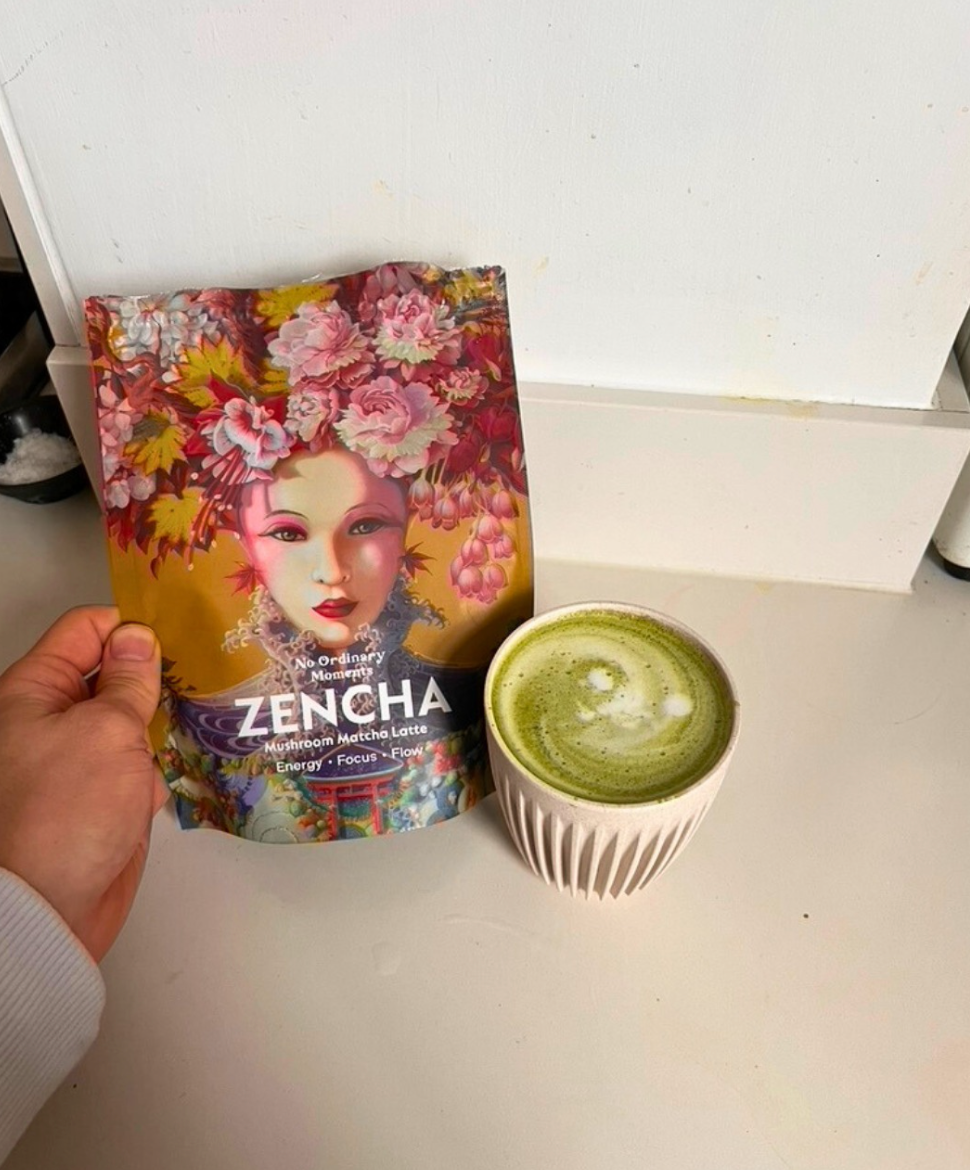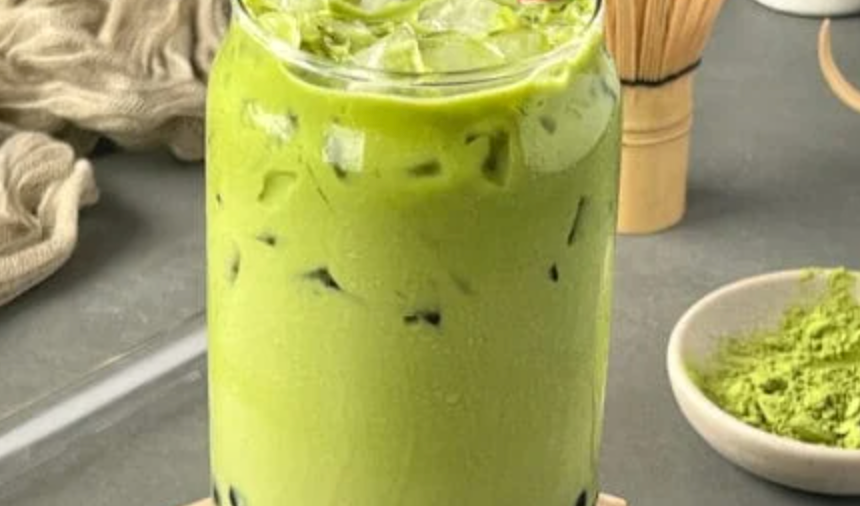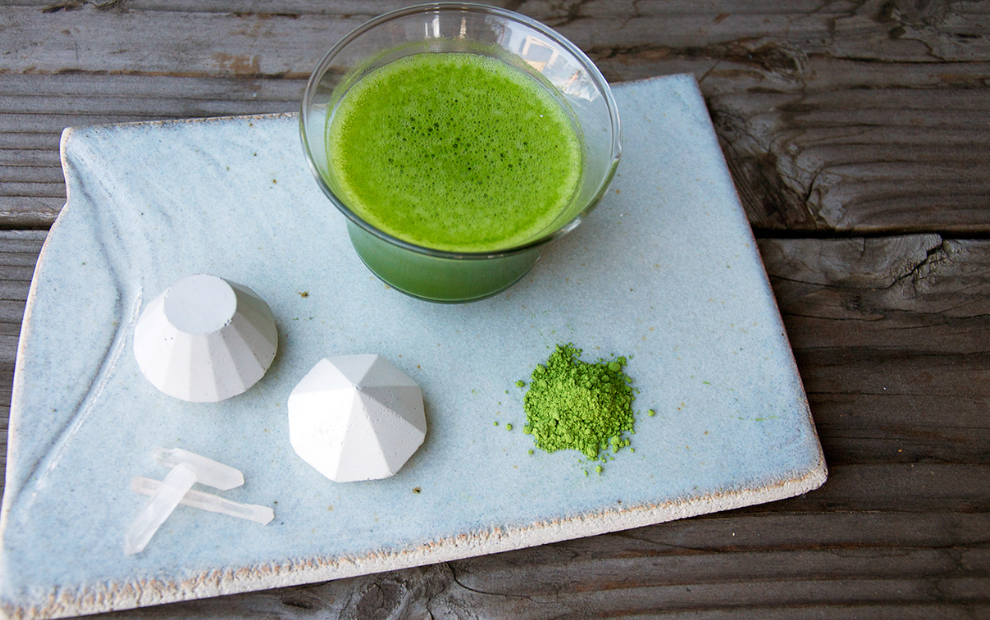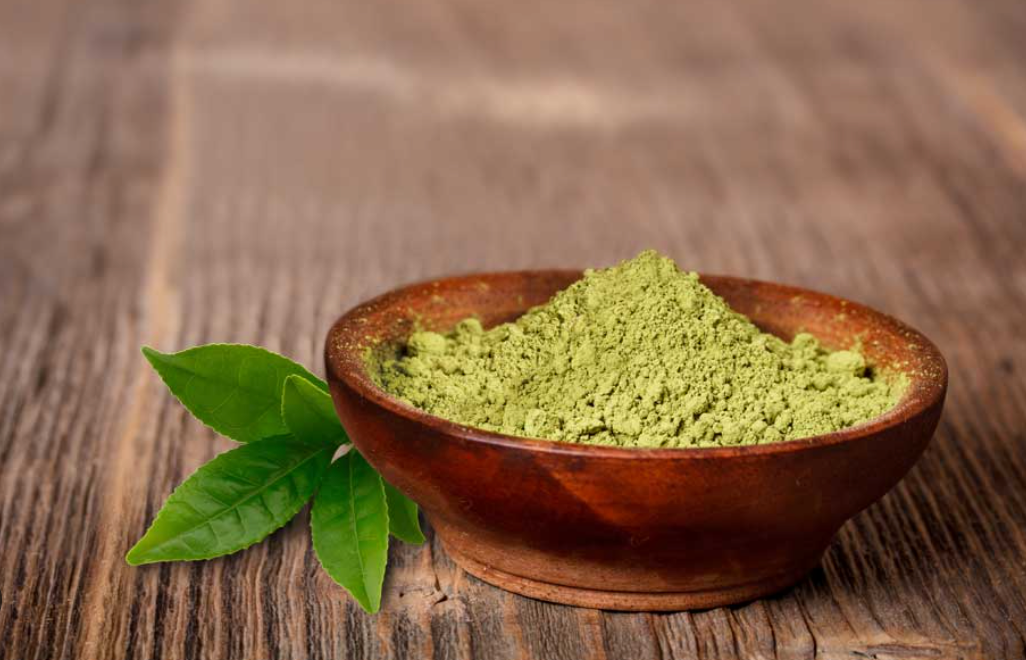
Read time: 2 min
In the kingdom of fungi, a certain mushroom with a distinctive fan-like shape and colourful, concentric bands has captured the attention of researchers, wellness enthusiasts, and health professionals alike. The turkey tail mushroom, a wonder of nature and a potential powerhouse of health benefits, begs the question: Are turkey tail mushrooms good for you?
The Lowdown on Turkey Tail Mushrooms
Named due to their close resemblance to the tail of a wild turkey, turkey tail mushrooms (Trametes versicolor) are one of the most recognisable and widespread species of fungus. Found across multiple continents and climates, these unique mushrooms have a fascinating array of colours, from blues and browns to greys and even greens.
A Rich History in Medicine
Turkey tail mushrooms have been celebrated in traditional medicine for centuries. In China, they're known as Yun Zhi and have been a part of traditional Chinese medicine since the early 15th century. Meanwhile, in Japan, it's called Kawaratake, literally translated as "mushroom by the river bank", and is a highly respected component of their medicinal practices.
The Benefits: What Makes Turkey Tail Mushrooms Special?
Research into the health benefits of turkey tail mushrooms has revealed a trove of potential. One of the significant compounds found in these mushrooms is polysaccharide-K (PSK), which is known for its immunomodulating effects. Studies show that PSK may enhance the immune system and could have potential as a supportive treatment for cancer.
Additionally, turkey tail mushrooms are rich in antioxidants that help to combat oxidative stress—a major culprit behind ageing and many chronic diseases. They also contain prebiotics that can help the gut by fostering the growth of beneficial bacteria.
But, the potential benefits don’t end there. Some research suggests that extracts of turkey tail mushrooms might aid in the fight against certain viral infections, including human papillomavirus (HPV).
Any Risks to Consider?
While turkey tail mushrooms are generally safe to consume and have few reported side effects, it's important to consume them as part of a balanced diet and not as a substitute for professional medical advice or treatment.
As with any natural supplement, individuals with specific allergies or sensitivities should proceed with caution. Pregnant and breastfeeding women, as well as those with autoimmune diseases, should consult their healthcare provider before incorporating turkey tail mushrooms into their regimen.
Conclusion
In summary, turkey tail mushrooms are not just an exciting topic of scientific research; they're a testament to nature’s ability to foster health and wellness. From their potential immune-boosting properties to their rich antioxidant content, it's clear that these fascinating fungi offer some significant benefits. As we continue to explore their potential, remember that it’s always crucial to consult with a healthcare professional before introducing any new supplement into your routine.
Sources:
- Saleh, M.H., Rashedi, I., & Keating, A. (2017). Immunomodulatory Properties of Coriolus versicolor: The Role of Polysaccharopeptide. Frontiers in Immunology. Link
- Standish, L.J., Wenner, C.A., Sweet, E.S., Bridge, C., Nelson, A., Martzen, M., Novack, J., & Torkelson, C. (2008). Trametes versicolor mushroom immune therapy in breast cancer. Journal of the Society for Integrative Oncology. Link
- Jayachandran, M., Xiao, J., & Xu, B. (2017). A Critical Review on Health Promoting Benefits of Edible Mushrooms through Gut Microbiota. International Journal of Molecular Sciences. Link






